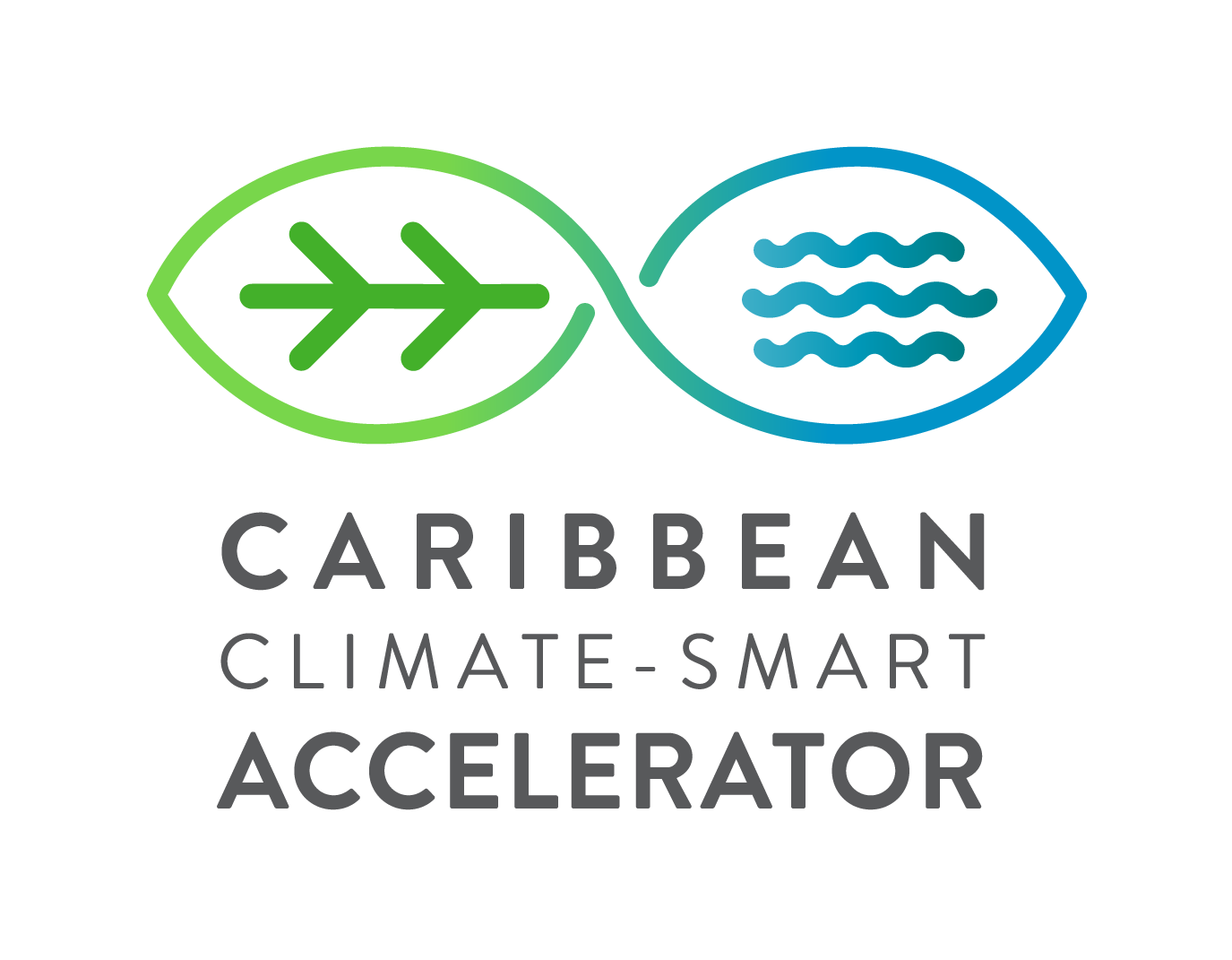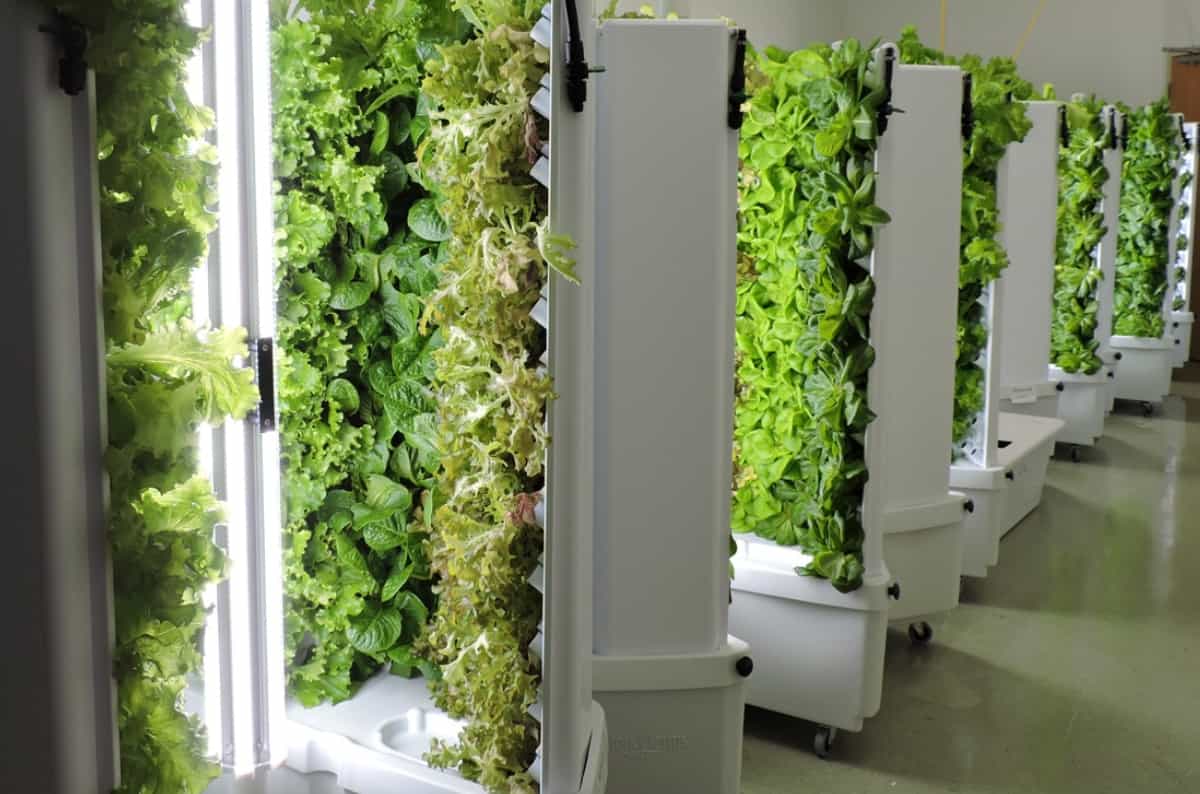Late last year the world passed an important population mark, with over 8 billion people now living on the planet. In the face of a growing movement to future-proof current infrastructure and systems, sustainable practices are being implemented across a wide range of sectors. Renewable energy, electric transport, blue and green economic opportunities, eco-tourism – these are all topics we see discussed relatively frequently, yet one sector will be critical in maintaining the global community: agriculture.
Smart Agriculture in Action
Smart agriculture has been a slow but steadily growing industry that seeks to maximize crop production using the least amount of resources and space possible. Currently, the market for smart agriculture is set to grow from $15.45 billion USD in 2022 to $32.37 billion by 2028. This represents a major shift for this burgeoning industry, and we are seeing it take hold in the Caribbean such as Flex Farms by Fork Farms in Anguilla, who have developed a compact hydroponics solution that works in tandem with local farmers to improve food security for the island. Introduced by the Caribbean Climate-Smart Accelerator, this execution contributes to Anguilla’s food security plan which has regional implications.
”Knowledge is made to be shared, it does no good to keep it all to ourselves,” explains Government Minister for Agriculture Quincia Gumbs-Marie in an interview with the CCSA, “As a region we are very close but we are also very isolated, we don’t talk to each other enough about our problems. In that isolation we trick ourselves into thinking that the problems we face are unique to us, and when we talk to each other we realize we have shared problems and also shared solutions. [Anguilla] is part of the solution-sharing team.” As such, the Caribbean island is working to integrate smart agriculture into its domestic market, and identifying its capacities for sustainable long-term growth.
Food Insecurity: A Silent Crisis
A 2022 survey jointly carried out by CARICOM and the United Nations World Food Programme found that food insecurity in the region is on an ‘upward trajectory’. Almost 60% of persons living in the English-speaking Caribbean face food insecurity. For the WFP, this is a concerning trend that is being replicated globally, with a record 349 million people across 79 countries found to be facing acute food insecurity last year. Key to combating this issue is creating more opportunities for resilient locally-led agricultural projects capable of surmounting external shocks, providing more food choices in local markets at a cheaper price.
“For the first time in over two years, people’s inability to meet food and essential needs were top concerns, followed by unemployment,” said Joseph Cox, Assistant Secretary-General, Economic Integration, Innovation and Development, CARICOM Secretariat at the release of the WFP survey “CARICOM recognizes that further support is necessary to reduce the level of need in the region and establish systems which facilitate access to nutritious food for all. Leaders in the region are actively engaging with decision makers across all relevant sectors to identify solutions for increasing food production and reducing import dependency within the region in order to reduce the cost of food.”
Locals Solutions to Global Issues
Integrating smart agriculture into our communities can be one of the steps towards solving food insecurity issues, but collaboration remains our biggest advantage. Anguilla is providing the first step towards smart agriculture in the region, and we must capitalize on this opportunity to find the solutions that fit best for the Caribbean as a whole. “We are excited at the thought of bringing the region together through innovation and moving forward with our aspirations to achieve food security across the region,” notes Minister Gumbs-Marie, “As a world we are moving towards food security, and it is through partnerships like this that we move past identifying the problem and towards identifying the solutions.” Smart agriculture is one of the key solutions for the Caribbean to develop and make our own, Anguilla will lead the way, but more are certain to follow.






